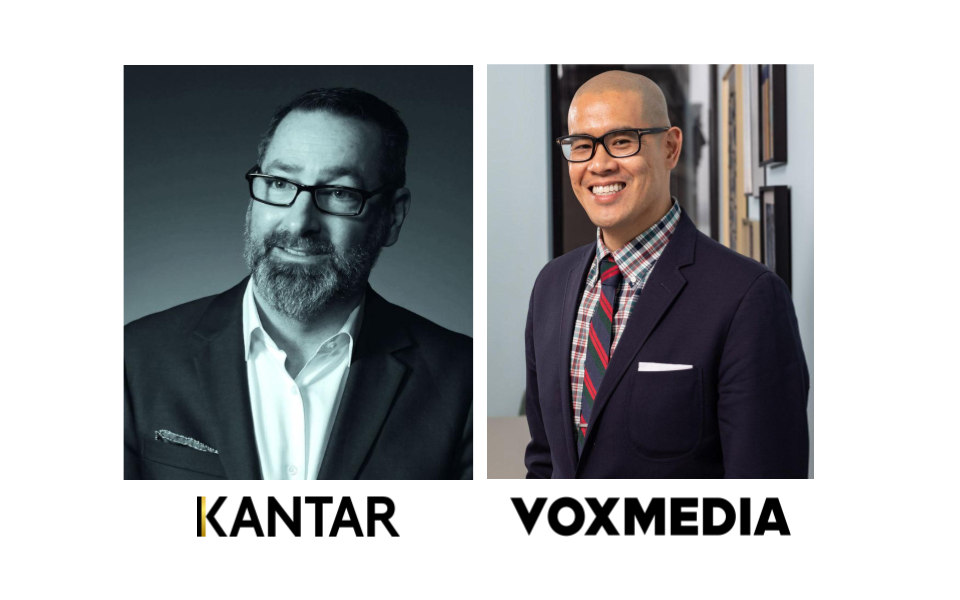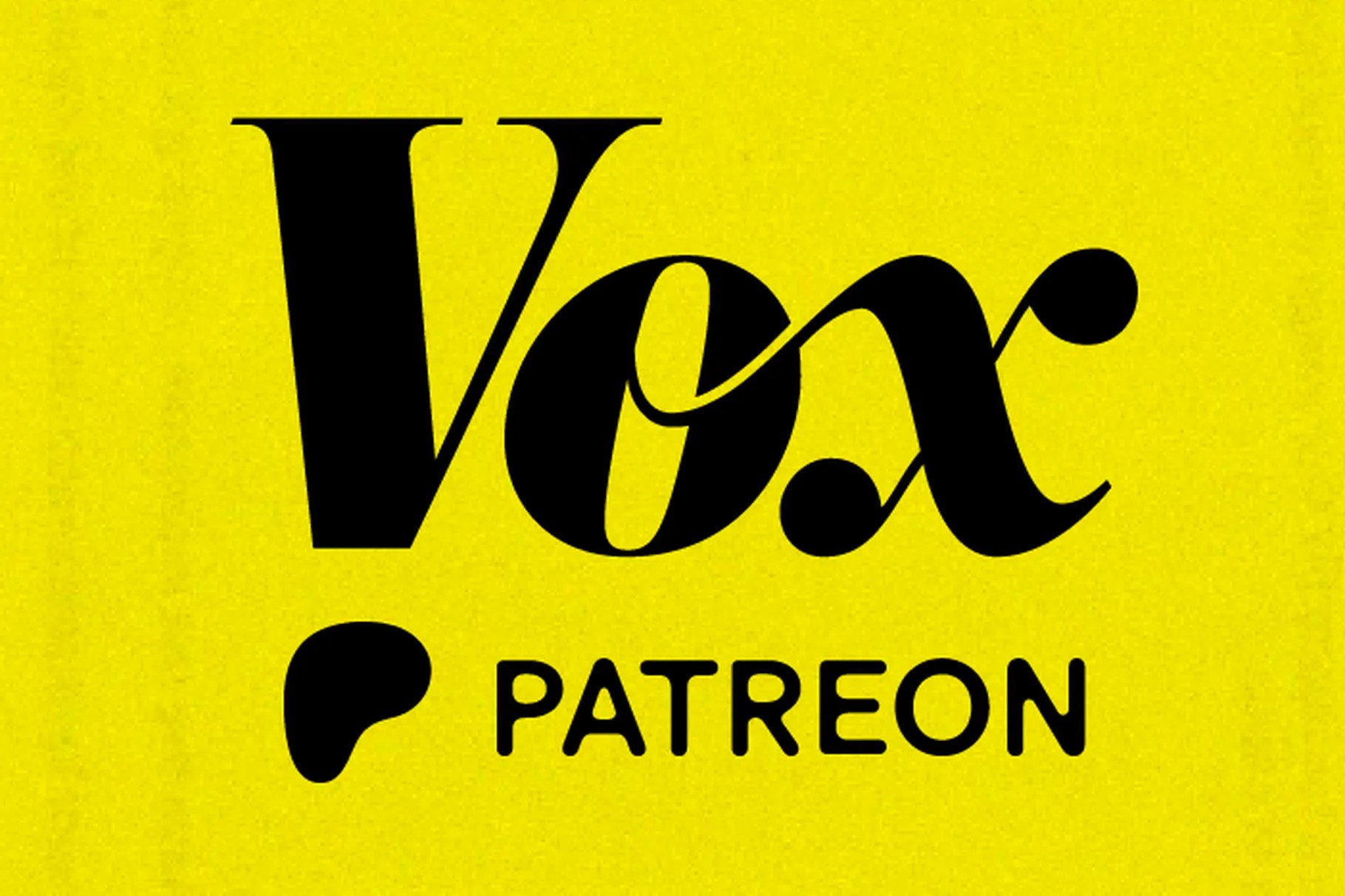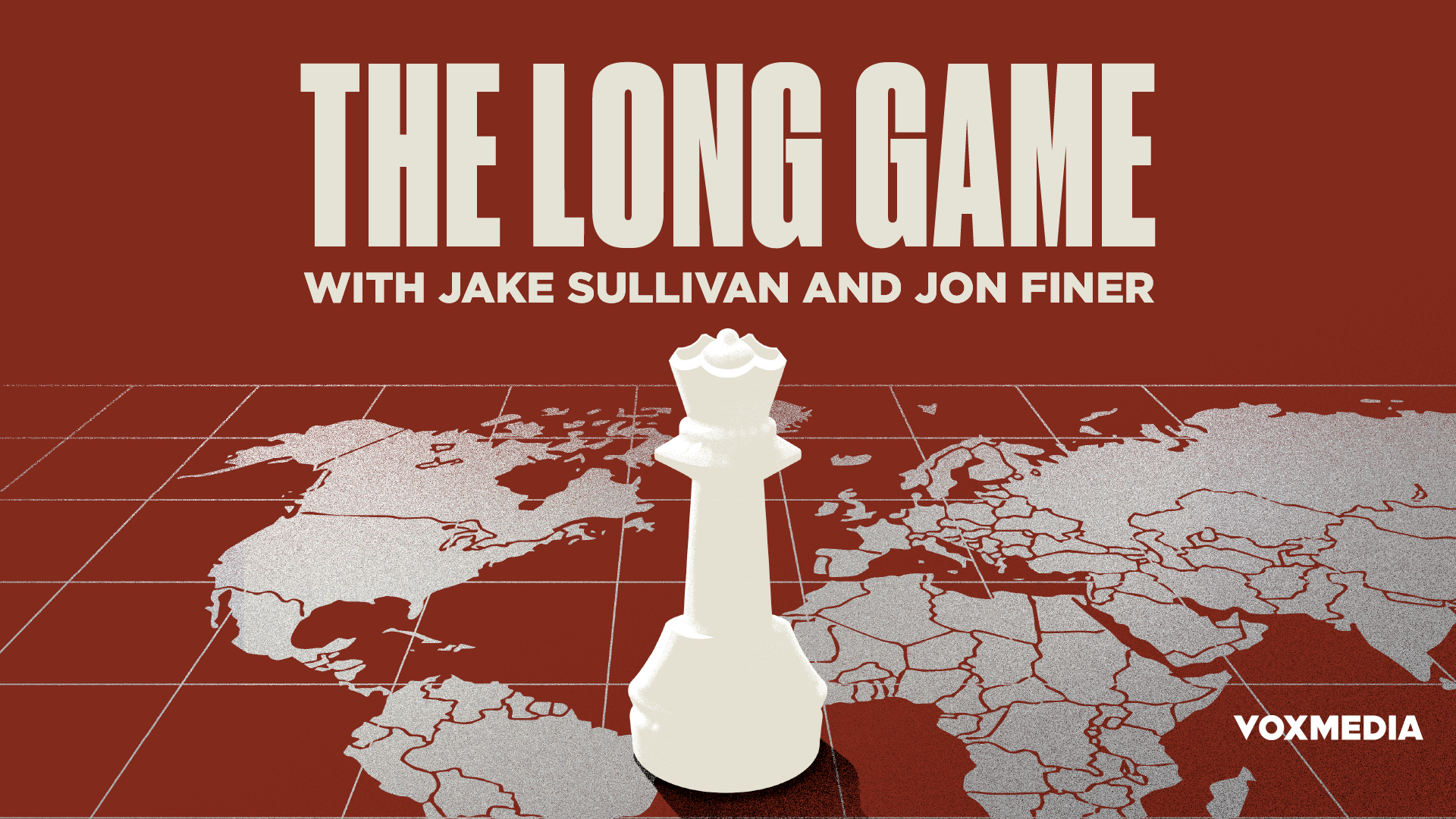Ten months into the pandemic and with post-covid life coming into view, 2021 will be an unparalleled time for consumers and brands alike. As we look to navigate the next twelve months, Vox Media partnered with renowned research company Kantar to better understand why words matter and how consumers are feeling now. Together, Vox Media and Kantar created a research report, Insights for Connecting With Consumers Right Now.
We spoke with Stephen DiMarco, Chief Digital Officer at Kantar, and Edwin Wong, SVP, Insights & Innovation at Vox Media as they discussed this work, and shared their insights and advice for marketers.
When Vox Media and Kantar decided to partner on this work, what was the goal?
Edwin: So much progress and pain have happened in the past ten months. We wanted to take a moment to contextualize the events of our lives and the implications of marketing in the moment.
Stephen: Both companies believe we shape the world we live in. We interpret trends and explain change – Vox Media as a content creator, and Kantar as a researcher and analyst. As key parts of the marketing ecosystem, it’s our responsibility to make sure marketing, and its influence on culture and society, are having a beneficial impact. With responsibility comes knowledge, and with knowledge comes positive action. We agreed we need this and additional work like this, now.
From what we’ve seen and what your work has shown is that vocabulary and words carry a lot of meaning. Overuse has led to apathy as words and phrases like “we’re in it together” no longer carry meaning to consumers or don’t connect. What advice do you have for marketers?
Edwin: While the overarching message of “we’re in it together” was necessary, the delivery sometimes lacked action or an acknowledgement of how the pandemic is impacting everyone in different ways. Not enough was done to highlight how the experience of the pandemic was deeply specific, an understanding that ultimately helps us feel together. This research shows that consumers are looking for brands to take action and take a stance on socio-culture issues. Brands need to go beyond saying “we’re in it together” and take steps to build community and support causes that drive real world impact.
Stephen: Simply put, consumers have emotions, but brands don’t. So right off the bat, it’s hard for stressed-out consumers to believe that brands, and the marketers behind them, are really in it with them. Over the past twelve months, we’ve shown that pandemic advertising messaging that is in sync with consumers’ emotions and needs worked amazingly well. But too many campaigns missed the mark because they played to the wrong emotion (pessimism versus optimism) or wrong connection (nuanced versus pandering). Advertising that misplays the emotional connection is like a bad joke – at best it’s boring, at worst it’s offensive.
The data also showed that everything seems to be essential. Do you feel that the pandemic has shifted the definition for people?
Edwin: After a period of time, we’ve all started to settle into our routines and adapt to our lives. This next period, with hope of the vaccine and more structured leadership, consumers are craving the reopening. More importantly, a lot of our lives are seen as essential. What has actually changed is how the pandemic pause is allowing for us to explore new ways and new models for how our lives should continue. We’re also seeing the pandemic lead to what consumers find essential in terms of expectations of brands, in how and what they are buying based on the values and actions of a brand.
Stephen: Kantar has been tracking how consumers are internalizing the pandemic, social unrest, recession and political environment every week since March. We’ve learned that the primary lenses people view these things through are Health, Wealth and Self. In the first several months, people’s sentiments and behaviors varied significantly across these themes, but we’re now seeing reactions begin to normalize. Whereas personal health and finances were “essential” early on, we now see higher-level needs like community and travel/escape as just as important. So, it’s less that the pandemic has shifted the definition, and more about how consumers are fulfilling their needs over time.
Historically, consumers leveraged their spending power where they found value, whether that be in cost savings or ease. Now, values and brand purpose are playing just as important a role in purchase decisions. What led to this?
Edwin: We learned this year that consumers are willing to, and going to hold brands accountable, aligning their spending habits to where a brand is making real world impact, whether it’s treating their employees fairly, supporting a socio-cultural cause, or taking a stance on important societal issues, like supporting the Black Lives Matter movement. While digital experiences and platforms have functionally enhanced our choices and two-day shipping, the next generation and rise will be around community and care.
Stephen: The best brands are culturally relevant – even more so in such a disruptive time like we’re living in now. The brands I buy and use are a reflection of who I am as a person, and the values that define me. Kantar has shown that this is a core and differentiating belief among Millennials and Gen-Z, propelled by social platforms and influencers. Transactional attributes like price and convenience are table stakes now.
Did any of the results surprise you?
Edwin: Doing this work over the past 11 months, I realize that I have to be open to surprise because the context of life continues to shift. Insight is a continuous response to change.
Stephen: I continue to be surprised at the magnitude of differences between different consumer segments across the US. To be clear, we know there will be differences; without differences, we wouldn’t have segments! But the magnitude of the differences, in particular people’s beliefs around what roles brands should play in what we label as “causes,” very much stuck out with me. Topics like women’s rights, Black Lives Matter and LGBTQ are paramount to Vox Media readers; they are as primary as long-standing issues like Education, Poverty and Health. That said, for other segments we see more than 20 percentage point differences across these important topics. I want to use the platforms we have at Vox Media and Kantar to educate the industry, and elevate equality beyond a “cause” to “the way we live our day-to-day lives.”
For more on how to connect with consumers right now, download the whitepaper here.



